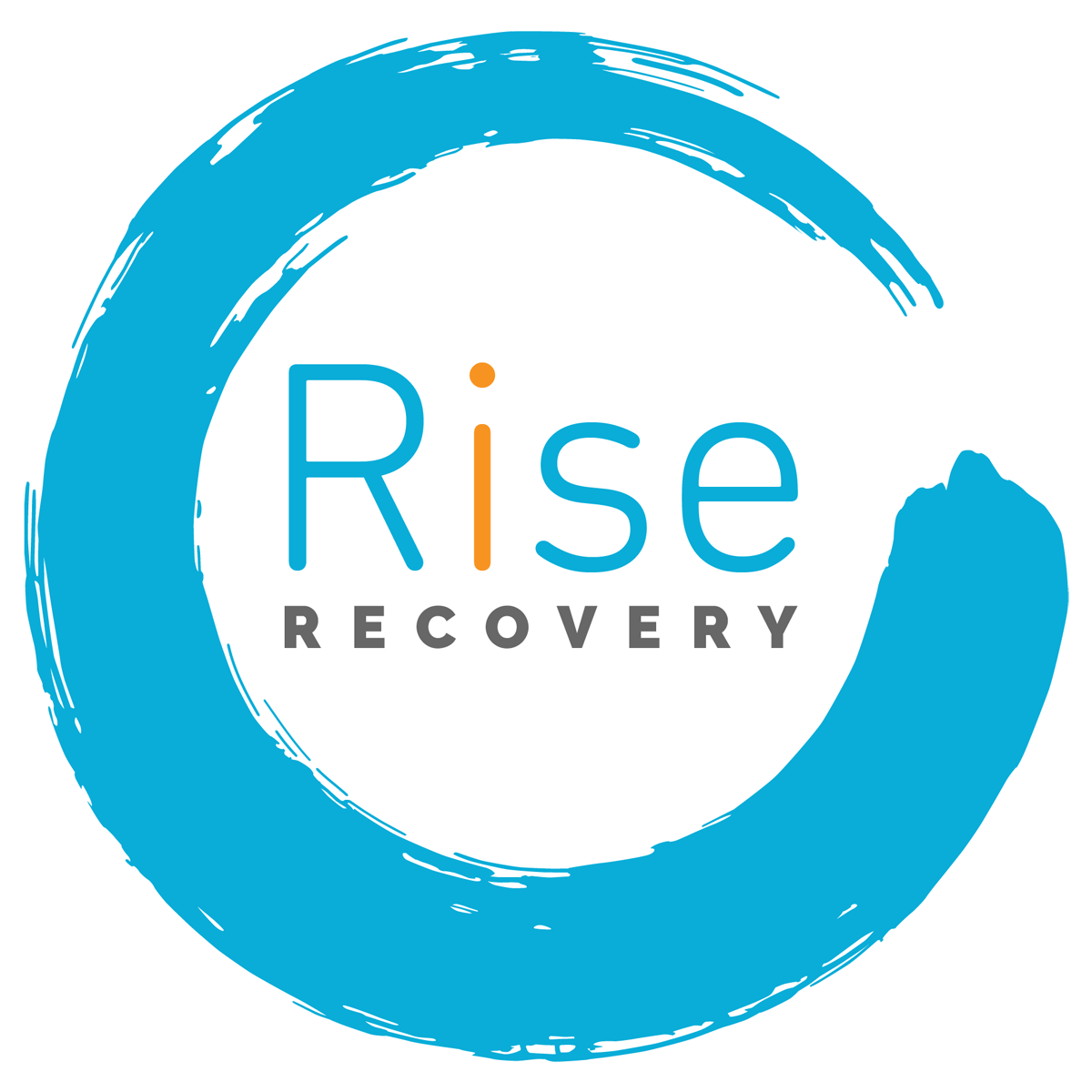Dear friends,
As we all come to grips with the tragedy in Las Vegas, I would like to offer some advice on speaking with your children on the sensitive subject of violence in our society.
- Avoid repeatedly exposing your family to the events via social media, television and adult conversations. This can be re-traumatizing, especially for small children who are prone to believing that seeing it again on TV means it’s happening again in real life.
- It’s not necessary or helpful to force discussions around the event. Children are naturally inquisitive and intuitive. When they are ready for information, they will come to you or to another trusted adult. It is helpful to simply say, “I’m here if you want to talk about this.”
- Causal questions about the shooting are natural. If your children have questions about how and why this happened, answer only the questions they are asking and take caution that your answers are age appropriate. For example, “He was clearly a very disturbed person and disturbed people sometimes make terrible choices.”
- Take caution not to use words like “sick” or “angry” when talking about the gunman. Children are literal thinkers. It can be anxiety provoking if children are lead to believe that every day experiences like sick, angry or sad lead to this sort of tragedy.
- It is normal for children, especially younger children, to ask the same questions over and over. Keep your responses consistent and be patient with their curiosities.
- Increased separation anxiety and fears are natural responses to mass shootings. Be patient and gentle with yourself and your children. Reassure them of their safety and yours. Keep them focused on the present moment. For example, “We’re all home tonight and we’re all together.”
- Make an effort to focus your children’s attention, and your own, on the unity and support that comes in the aftermath of the tragedy. Stories of survival and heroism can provide comfort and relief.
- If your children ask how they can help, engage them in something concrete. Prayer is an excellent suggestion but children need something tangible such as donations, letters writing and/or drawings.
- Normalize and affirm their feelings around this event. For example, “It’s normal to feel this way after something like this happens. I feel it too.”
- Finally, take good care of yourself. Children are highly in tune with their parents and caregivers. They will be comforted by seeing that you’re in a good, healthy and peaceful place.
For questions or support contact Michelli Ramon, Rise Recovery Program Director, at 210-316-4057.




